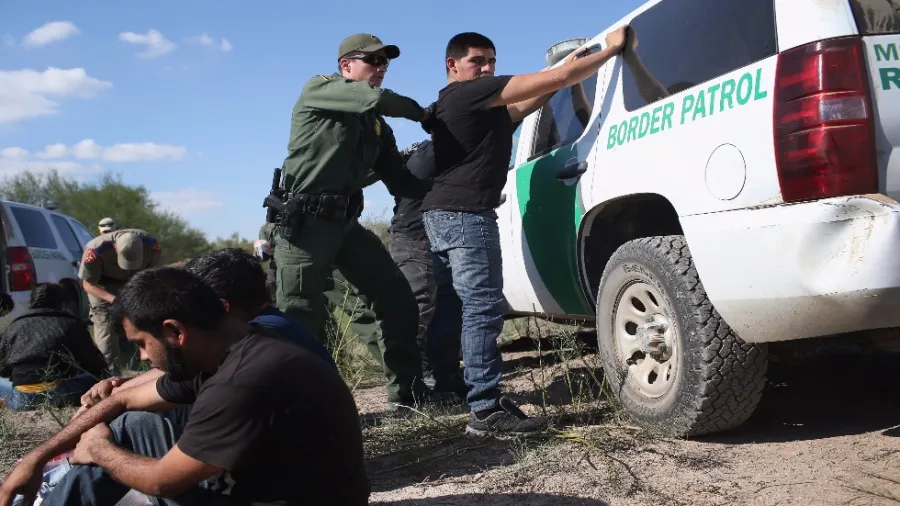Understanding U and T Visas

U And T Visa
U And T Visa provide a pathway for individuals who are fleeing persecution, violence, or other life-threatening situations in their home countries. At The RP Law Firm, we specialize in helping clients navigate the complex application processes for various humanitarian visa categories, ensuring that they receive the protection and support they need during difficult times.
Whether you are seeking asylum, refugee status, or protection under other humanitarian provisions, our experienced team is here to guide you through every step of the process.
U Visa: For Crime Victims
The U Visa is for victims of specific crimes who have experienced substantial physical or mental abuse and are assisting law enforcement.
Eligibility
- You are a victim of a qualifying crime (e.g., domestic violence, sexual assault, trafficking, extortion).
- You suffered substantial physical or mental abuse as a result of the crime.
- You have information about the criminal activity.
- You are, or were, helpful to law enforcement in the investigation or prosecution of the crime.
- The crime violated U.S. laws or occurred within U.S. territory.
Application Process
1. Law Enforcement Certification:
- Obtain Form I-918, Supplement B, signed by a law enforcement official confirming your cooperation.
2. Prepare Form I-918:
- File Form I-918 (Petition for U Nonimmigrant Status) with USCIS.
3. Evidence:
- Provide documentation of the crime, your abuse, and your cooperation with law enforcement (e.g., police reports, medical records, affidavits).
4. Submit Biometrics:
- Attend a biometrics appointment for background checks.
5. Wait for Adjudication:
- USCIS may grant deferred action and work authorization while your petition is pending.
Challenges
- Long wait times due to an annual cap of 10,000 visas.
- Securing law enforcement certification can be difficult.
- Proving substantial harm and cooperation requires strong evidence.
T Visa: For Victims of Human Trafficking
The T Visa is for victims of severe forms of trafficking who assist law enforcement.
Eligibility
- You are a victim of severe trafficking (sex trafficking or labor trafficking).
- You are physically present in the U.S. due to trafficking.
- You would face extreme hardship involving unusual and severe harm if removed from the U.S.
- You are assisting law enforcement (or are unable to assist due to trauma).
Application Process
1. File Form I-914:
- Submit Form I-914 (Application for T Nonimmigrant Status) to USCIS.
2. Evidence:
- Provide proof of trafficking (e.g., affidavits, police reports, medical records, or certifications).
3. Certification (Optional):
- Obtain a law enforcement certification (Form I-914, Supplement B) to strengthen your case.
4. Submit Biometrics:
- Attend biometrics and background checks.
Challenges
- Proving the connection between trafficking and your current circumstances can be complex.
- Victims may fear retaliation or lack trust in law enforcement.
- Demonstrating the level of hardship necessary for eligibility requires substantial evidence.
T Visa: For Victims of Human Trafficking
The T Visa is for victims of severe forms of trafficking who assist law enforcement.
1. Spouse
- You are or were married to a U.S. citizen or lawful permanent resident (LPR).
- You suffered battery or extreme cruelty during the marriage.
- Your marriage was entered in good faith (not for immigration purposes).
- Your marriage was entered in good faith (not for immigration purposes).
- You are a person of good moral character.
2. Child
- You are the child (under 21 years) of a U.S. citizen or LPR who subjected you to abuse.
- You lived with the abusive parent.
3. Parent
- You are the parent of a U.S. citizen (over 21 years) who subjected you to abuse.
- You lived with the abusive child.
Application Process
Step 1: File a Self-Petition
- Submit Form I-360 (Petition for Amerasian, Widow(er), or Special Immigrant) to USCIS.
- Provide supporting evidence of abuse, your relationship with the abuser, and your good moral character.
Step 2: Evidence Submission
- Proof of Relationship: Marriage certificate, birth certificate, or other documents.
- Proof of Abuse: Police reports, restraining orders, medical records, affidavits from counselors, friends, or family.
- Proof of Residence: Evidence showing you lived with the abuser (e.g., leases, mail addressed to both).
- Good Moral Character: Background checks, affidavits, or other proof of no criminal activity.
Step 3: Adjustment of Status (if eligible)
- Once your Form I-360 is approved, you may apply for a Green Card using Form I-485 (Application to Register Permanent Residence or Adjust Status) if you meet the eligibility criteria.
Challenges
- Proving Abuse: Providing sufficient documentation of abuse and extreme cruelty can be difficult, especially if no police reports or medical records exist.
- Good Moral Character: Past criminal issues or negative behavior could complicate the process.
- Timeliness: Processing times for VAWA petitions and subsequent Green Card applications can be lengthy.
